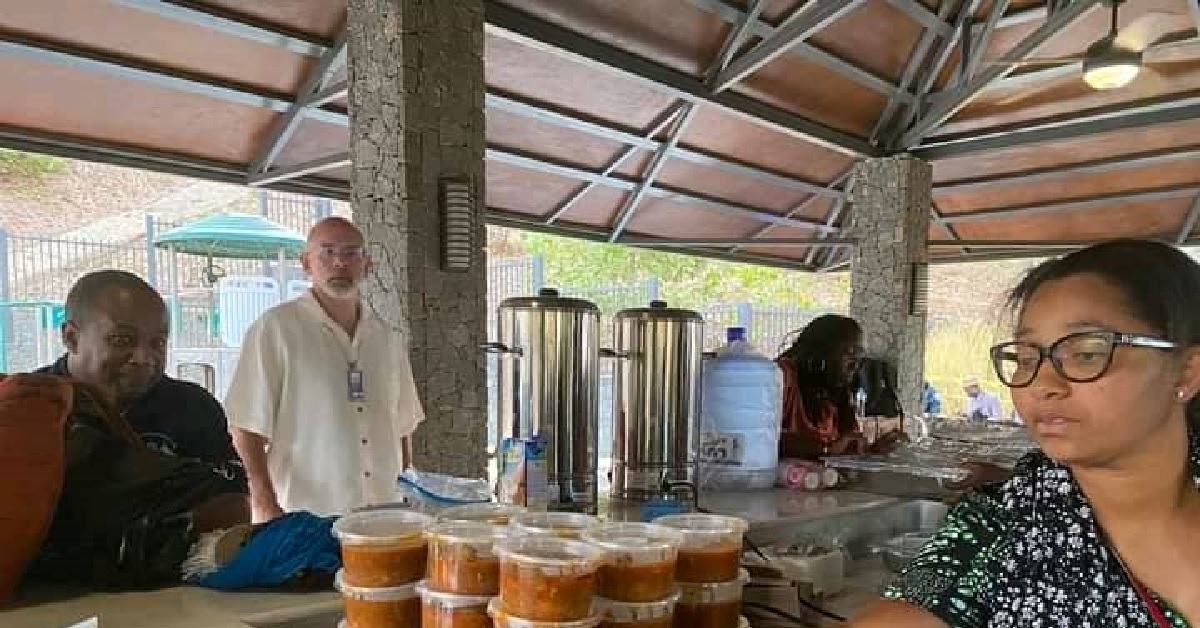In the spirit of diversity and inclusion, United States Embassy staffs have got together to share Ramadan traditions and learn from each other. The meeting created an opportunity for Sierra Leonean and American staffs to share the Iftar meal together.
Ramadan, the holy month for Muslims, is a time when Muslims seek forgiveness for their sins, pray for guidance and try to purify themselves through self-restraint and good deeds.
For employers to understand Ramadan Traditions in the spirit of diversity, there are several aspects of Ramadan to consider in order to create a more inclusive environment for Muslim employees:


 Fasting is one of the most important practices. Each day during Ramadan, the fast begins before dawn and ends at sunset. Employers must be aware of the employee’s need for a break to end the fast. Employers and other non-Muslims must be cognizant that some employees may experience low blood-sugar levels or be more tired while fasting.
Fasting is one of the most important practices. Each day during Ramadan, the fast begins before dawn and ends at sunset. Employers must be aware of the employee’s need for a break to end the fast. Employers and other non-Muslims must be cognizant that some employees may experience low blood-sugar levels or be more tired while fasting.
Employers must Encourage discussion of the meaning of Ramadan and make sure other staffs understand what the holiday means and why these observances occur.
Most Muslims believe that prayer should be performed five times daily. During Ramadan, many Muslims may be more determined to meet these obligations. Employers must Provide quiet places to pray and time for breaks. And again, make sure other employees understand the reasons.
Employers must strive to teach their employees proper recognition of Ramadan. Workers can greet one another by saying “Ramadan Mubarak”, which means “blessed Ramadan” or “Happy Ramadan” or “Ramadan Kareem”, which means “Generous Ramadan.”
The close of the holiday is Eid-ul-Fitr, which in the Sierra Leone this year is celebrated between May 2nd and 3rd. Employees may ask for time off to celebrate the holiday with family and friends.
Employers must use their employee-resource groups to help educate your workforce about Ramadan and other religious holidays. Only a handful of companies have specific religious employee-resource groups but all of these groups can be used to disseminate informational knowledge and create an inclusive workplace.

 Post a comment
Post a comment









Comment(s)
Disclaimer: Comments expressed here do not reflect the opinions of Sierraloaded or any employee thereof.
Be the first to comment